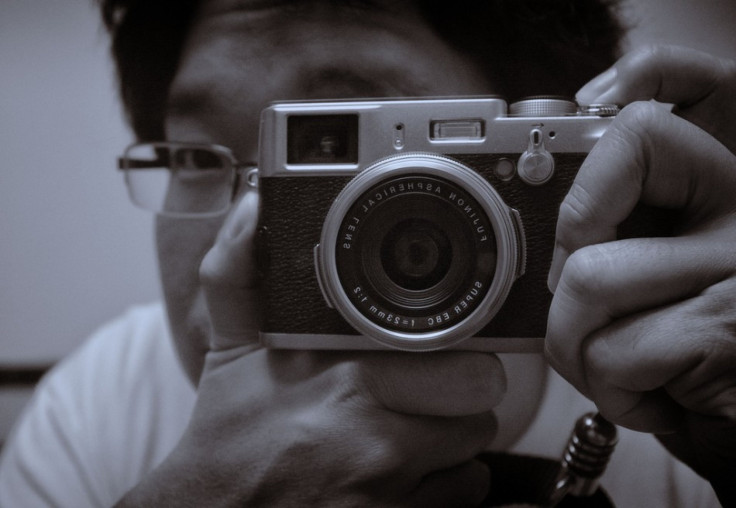Blogger Correctly Predicted the Future in 2006 (Mostly)

On June 14, 2006, 25-year old Leonard Lin wrote an article on his personal blog asking 'Which products, used by few today, will be essential in five years?'
Many of Lin's prognostications have been realized, most explicitly his prediction about the dominance of smart phones. In his 2006 post, Lin wrote that phones will be the primary convergence device in 5 years.
He also predicted a global digital identity/reputation/relationship system:
...as your online persona gets tied to your offline persona and your physical presence (digital leakage?), this is a given. Perhaps the only real question is who will own and run this.
In his follow-up article - 'Tech Predictions, Five Years Later #' - Lin qualified the accuracy of his 'digital identity system' prediction by admitting that in 2006, he believed Google would end up taking it all. He remains measured about the future of Facebook, conceding they're on top at the moment but insisting that the ball is still in play:
...while [Facebook] has been enormously successful and will almost certainly be the first Internet company to hit 1B actives [1 billion active users], there are some signs that it may have peaked in its developed markets, so it's not invincible. There's also a lot of potential left in terms of social utility that's still completely unexplored.
Lin predicted streaming/wireless syncing of media from anywhere and pointed to Netflix's (recently acquired) position as the number one source of web traffic as evidence of his correctness - Netflix streaming content now accounts for 30 percent of bandwith usage; Web browsing claims less than 17 percent. iCloud, Amazon Cloud Drive, and Google Music offer further support for this prediction.
Lin, now a 30-year old Los Angeles-based small business owner and self-described freelance hacker, says the list was inspired by a Yahoo! Answers question - in 2006, he was working at Yahoo! in Silicon Valley.
In an interview with the International Business Times, Lin said I had an inkling that I might do a followup. After all, I had started blogging more than 5 years before (back in 98/99) and I figured I'd be still online 5 years later.
Asked about a 2016 prognostication, he said he was not particularly motivated - there are lot of full time futurists, after all - and added that he is most interested in the social side of technological trends: for example, WikiLeaks and the Arab Spring, trends in gamification, or all the Anonymous/LulzSec stuff.
Even from a social vantage point, Lin believes that advances in technology during the last five years have been generally positive, and he expects growth to continue. I don't see it slowing down, if anything I see it accelerating.
He pointed to the iPad as helping to bridge a generational gap, but acknowledged an increasing divide between those who are technologically sophisticated and those who are not: Complexity is increasing so quickly, that even the technologically savvy users are increasingly having problems keeping up. This is a huge problem as our lives and livelihoods become more and more dependent on technology. The endemic information security leaks are a symptom of a larger issue.
Speaking of the technological divide, Lin's only real miss was a prediction involving technology not likely understood by the average consumer - something called RFID (Radio Frequency Identification) which he said has gotten a lot of play recently w/ Google building them into their phones and potentially in Apple's next iPhone (for mobile payments) but it hasn't become quite as pervasive as I would have thought.
Conversely, a long-shot prediction proved to be spot-on: Lin essentially predicted (if somewhat hopefully) the popularity of the Kindle and similar products. In 2006, he said E-ink devices are finally starting to come out. And color/flexible e-paper products are being announced regularly. With rising paper costs and newspaper companies openly talking about how e-paper readers would pay for themselves in a one-year subscription...Well, this would be pretty handy.
In his follow-up, Lin pointed out that Kindle books have overtaken print sales on Amazon.
He also included list of things he didn't see coming - Twitter, Wikileaks, and iPad among them.
If you had told me that in a few years Apple would have released a friggin Dynabook with 10 finger multitouch, 10 hour battery life, amazing responsiveness, and an a complete App Ecosystem (backed by 10s of millions of sister devices), selling for $500 I would have smacked you, Lin wrote.
After which, I'd have gone out and bought a lot more Apple stock.
© Copyright IBTimes 2025. All rights reserved.




















